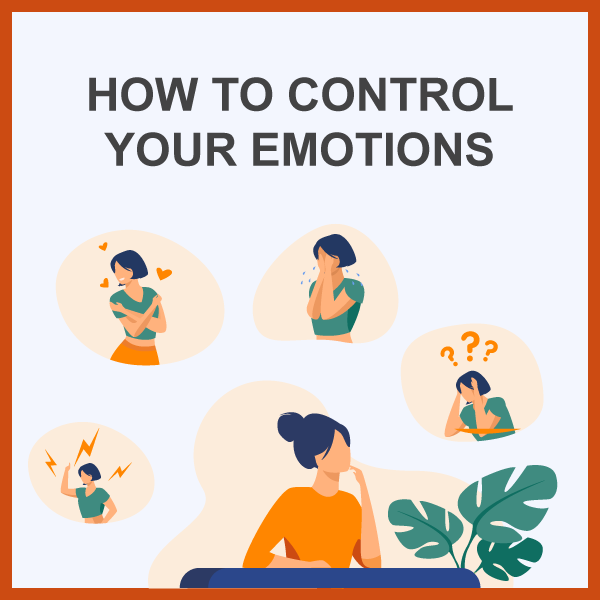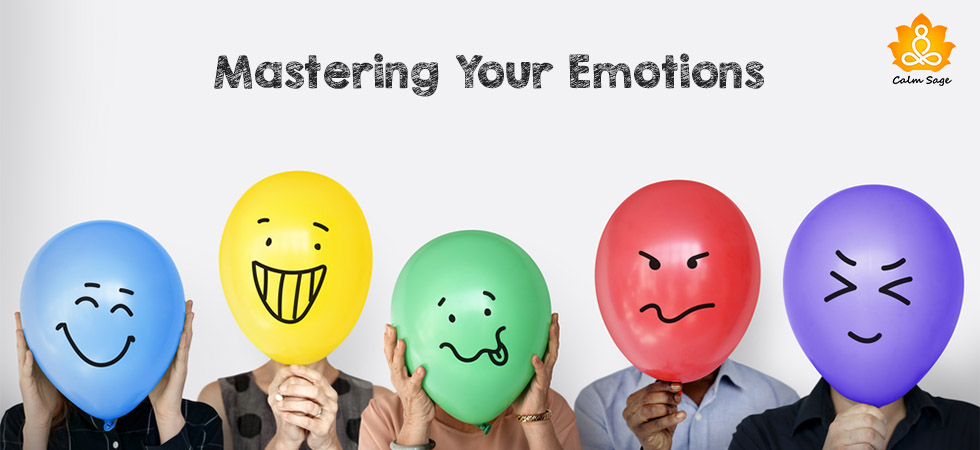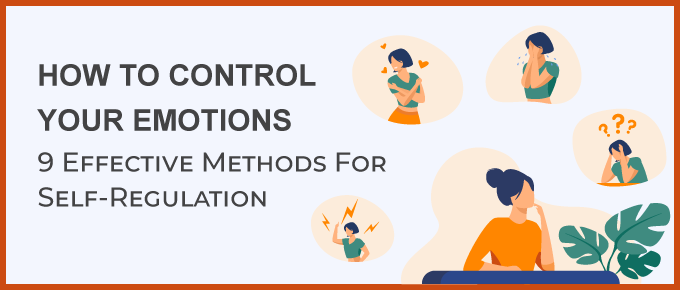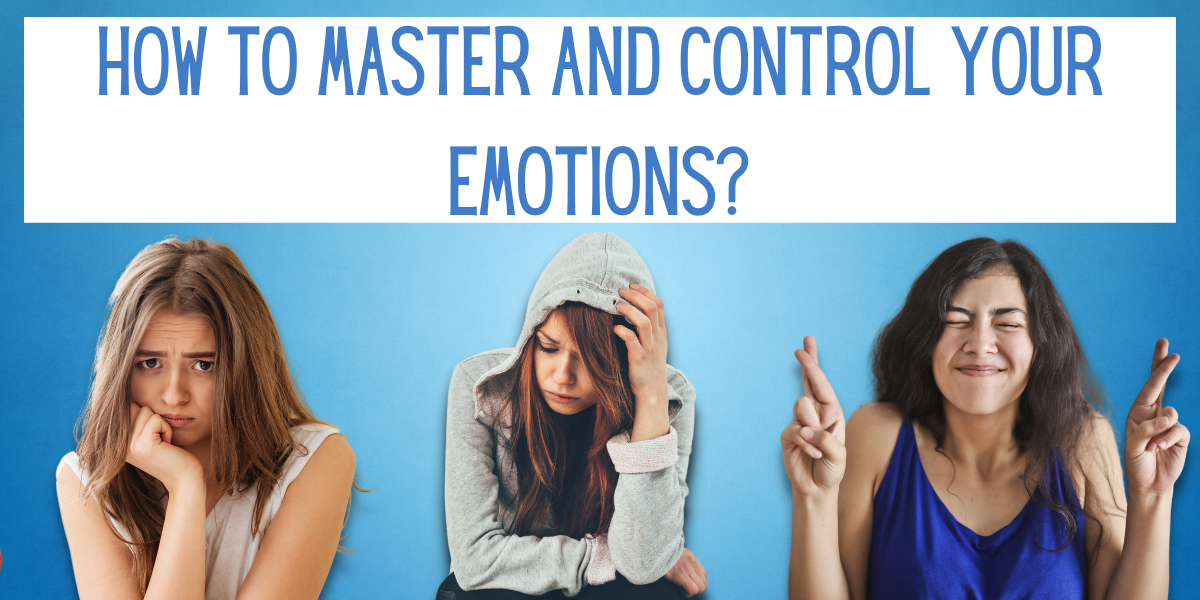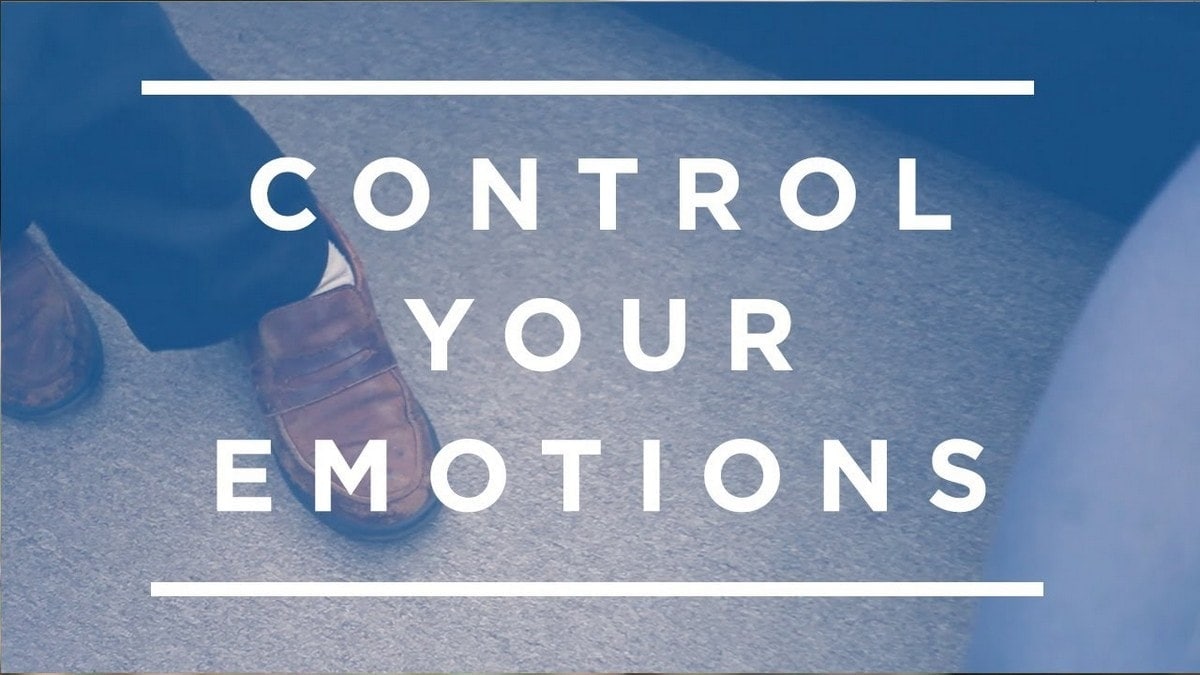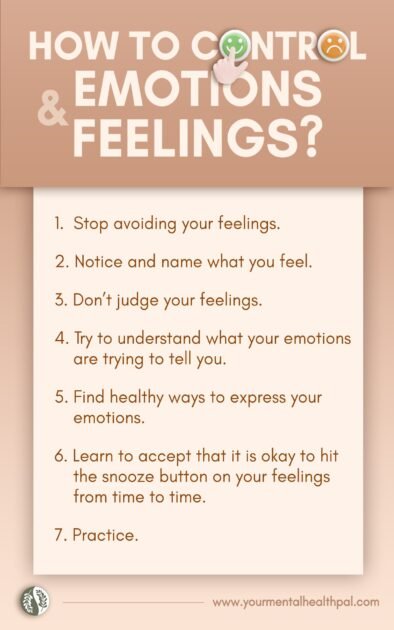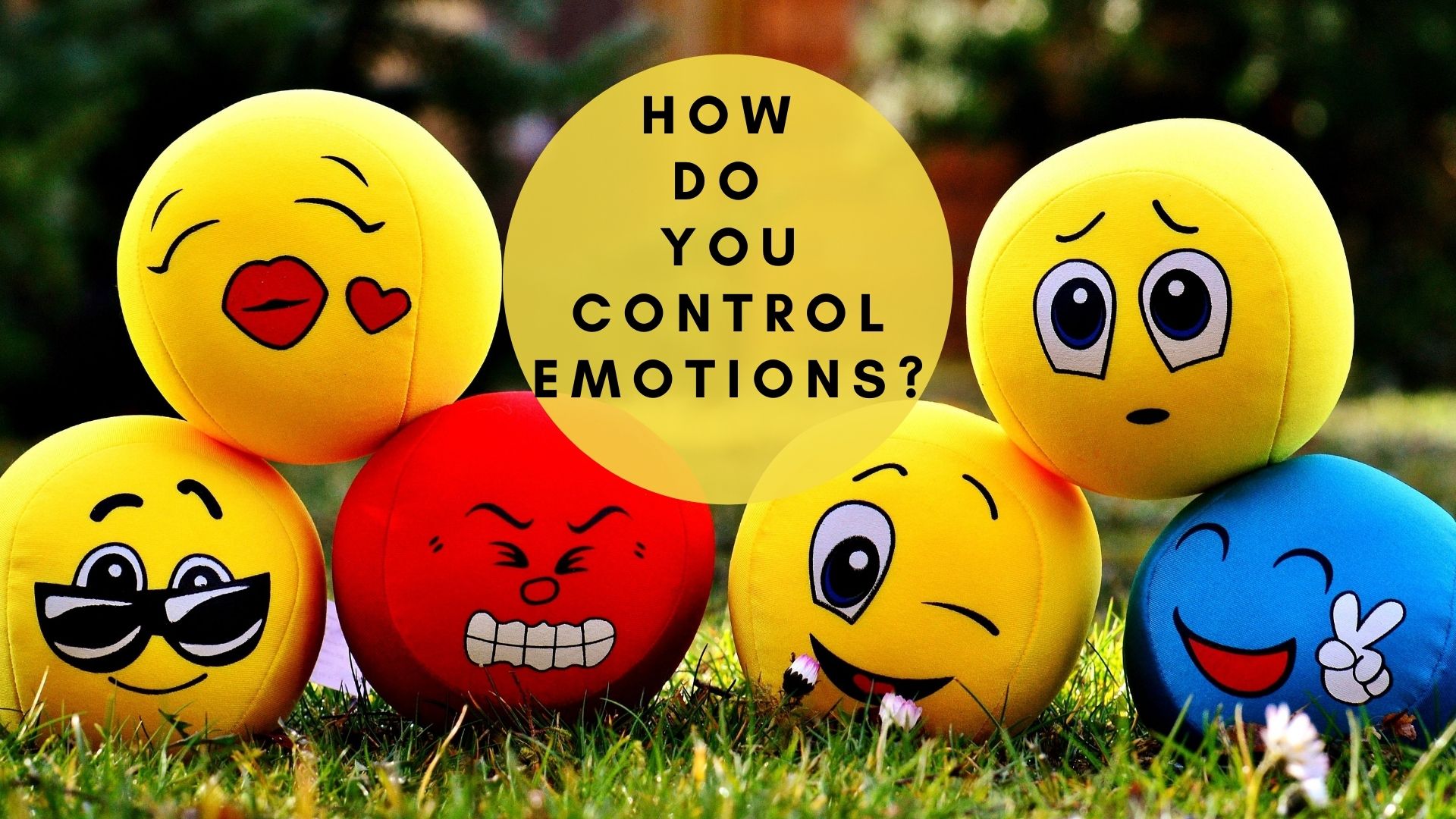How To Keep Control Of Your Emotions
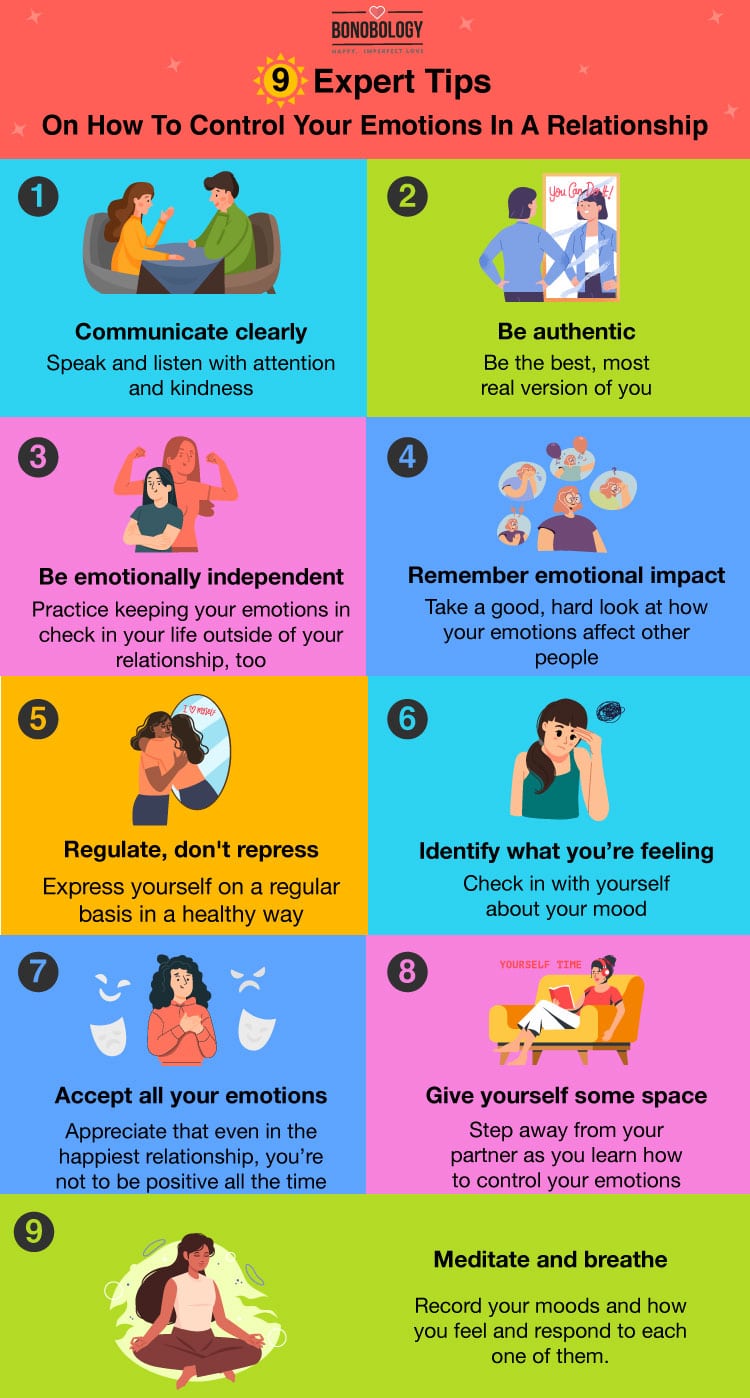
Imagine standing in a sun-drenched garden, the air thick with the scent of blooming roses. A gentle breeze whispers through the leaves, carrying with it a sense of calm. Yet, a sudden, sharp pain flares – a thorn pricking your finger. The serenity shatters, replaced by a surge of irritation. How do you regain that inner peace, that sense of control, amidst the inevitable stings of daily life?
Learning to manage your emotions isn't about suppressing them, but about understanding and navigating them effectively. It's about equipping yourself with the tools to respond thoughtfully, rather than react impulsively, even when faced with challenging situations. Mastering this skill can lead to improved relationships, reduced stress, and a greater sense of well-being.
Understanding Emotional Regulation
Emotional regulation is the ability to manage and modulate your emotional experiences and expressions. It involves being aware of your emotions, understanding their triggers, and choosing how to respond in a way that aligns with your values and goals. This isn't about becoming emotionless, but about having a healthier relationship with your feelings.
According to the American Psychological Association (APA), emotional regulation is a complex process influenced by various factors, including temperament, early childhood experiences, and learned coping mechanisms. Recognizing these influences is the first step towards positive change.
The Neuroscience Behind Emotions
Our brains play a crucial role in processing emotions. The amygdala, often referred to as the brain's emotional center, is responsible for detecting threats and triggering emotional responses. Meanwhile, the prefrontal cortex helps regulate these responses, allowing us to think rationally and make informed decisions.
When faced with a stressful situation, the amygdala can sometimes hijack the prefrontal cortex, leading to impulsive reactions. By learning techniques to calm the amygdala and engage the prefrontal cortex, we can gain greater control over our emotions.
Practical Strategies for Emotional Control
Several evidence-based strategies can help you cultivate emotional resilience. These techniques aim to increase your awareness of emotions, interrupt impulsive reactions, and promote more thoughtful responses.
One of the most effective methods is mindfulness meditation. Regularly practicing mindfulness allows you to observe your thoughts and feelings without judgment, creating space between your emotions and your reactions. Studies have shown that mindfulness can reduce activity in the amygdala and strengthen connections in the prefrontal cortex (Davidson, R.J. et al., 2003).
Another valuable technique is cognitive reappraisal. This involves challenging negative thought patterns and reframing situations in a more positive or realistic light. For example, instead of thinking "I'm going to fail this presentation," you could reframe it as "I'm nervous, but I've prepared well and I can handle this."
Deep breathing exercises can also have a calming effect on the nervous system. Slow, diaphragmatic breathing activates the parasympathetic nervous system, which helps to counteract the fight-or-flight response triggered by stress. Inhale deeply, hold for a few seconds, and exhale slowly to promote relaxation.
Journaling is a powerful tool for processing emotions. Writing about your feelings can help you identify patterns, gain clarity, and release pent-up emotions. Consider journaling regularly, even if it's just for a few minutes each day.
Seeking support from trusted friends, family members, or a therapist can provide invaluable assistance. Talking about your emotions can help you gain perspective and develop healthier coping mechanisms. Remember, seeking help is a sign of strength, not weakness.
Building Emotional Resilience Over Time
Developing emotional control is a journey, not a destination. It requires consistent effort and self-compassion. Be patient with yourself and celebrate small victories along the way.
Remember that setbacks are inevitable. When you experience a moment of emotional dysregulation, don't beat yourself up about it. Instead, use it as an opportunity to learn and grow.
Cultivating emotional regulation is an investment in your well-being. By learning to navigate your emotions effectively, you can create a more fulfilling and balanced life. Embracing the journey of self-discovery can lead to greater inner peace and resilience, allowing you to weather life's storms with grace and strength.
